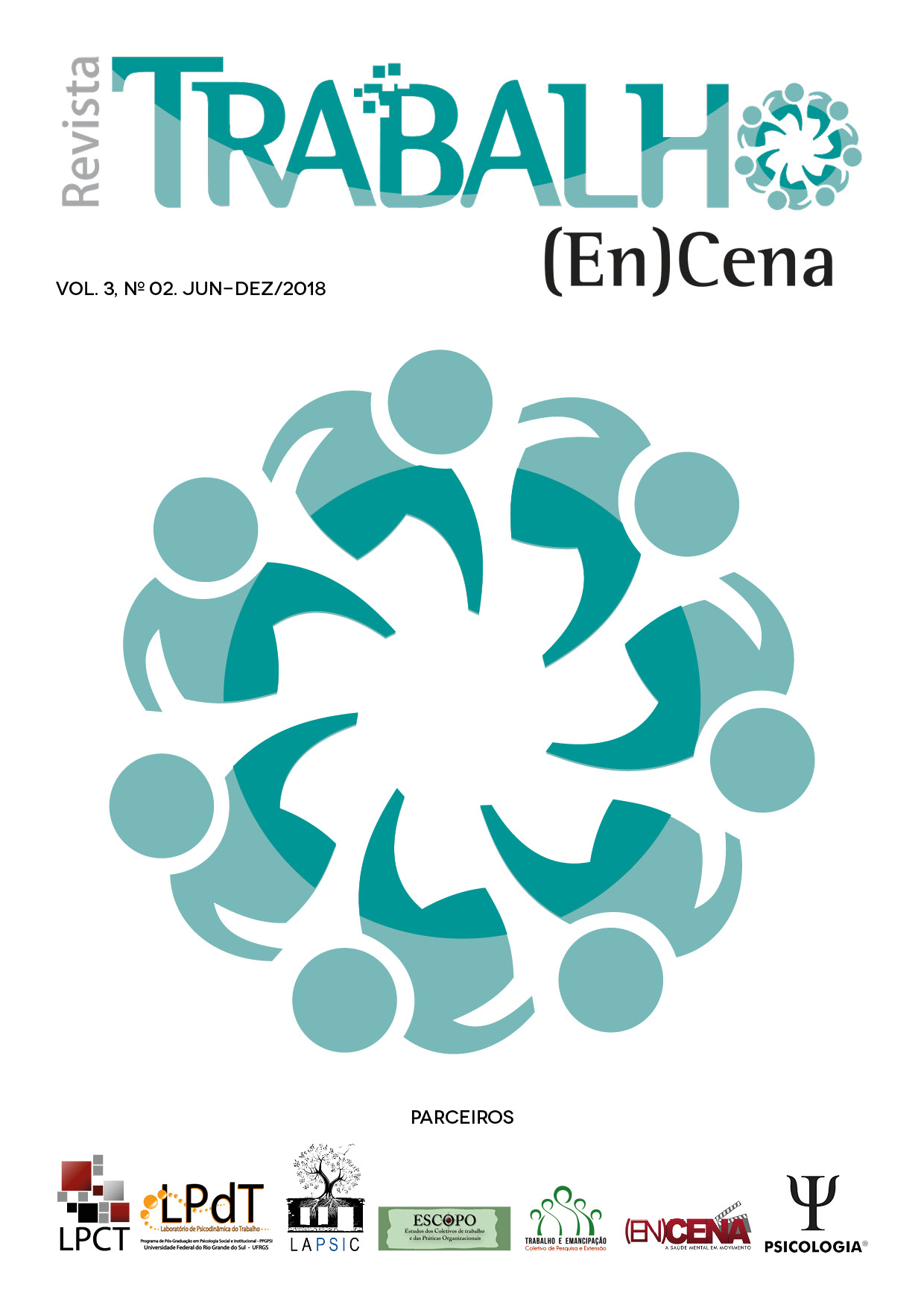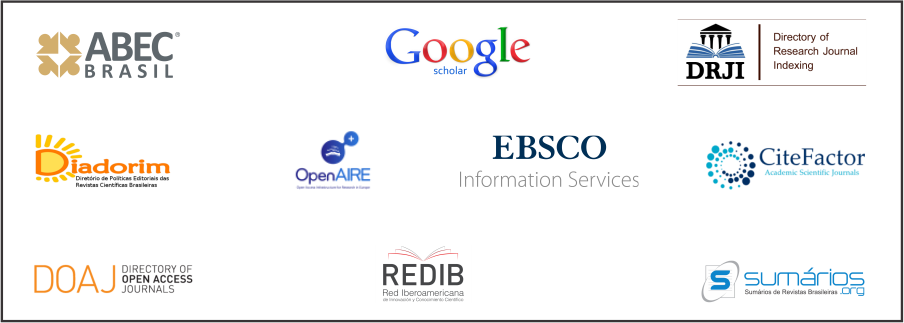La crítica de la película El valor de un hombre, de Stéphane Brizé
Resumen
Abstract
This work presents an analysis of the film The value of a man, of the director Stéphane Brizé, 2015. The cinematographic work develops in a context of the new materiality of the capital, circumscribed in the reduction of stable and formal workers, whose background is the capitalist domination in its global financial phase, where the profitability of the company is more important than the subject who works. Thus, at first, are pointed the wanderings of Thierry, the protagonist of the film, unemployed, at age 51 and with a family to look after, looking for a job. Thierry, even as unemployed, seeks to act ethically and trusts that, through training, internships and participation in interviews, employment will come. In this trajectory, the difficulties accumulate and the devastation of the human being is revealed in the job queues, inviting us to think about the drift of the unemployed workers. In the second part of the film, the focus turns to the job of vigilante in a department store that Thierry has achieved. Here, the moral dilemma of the character is the center of the narrative. With the tasks of keeping an eye on shoppers and shop clerks, Thierry appears in a "sitting room", accompanied by another clerk, interrogating potential "steals" of shop objects. In his morality, Thierry is always embarrassed, but survival leads him to submit to management practices aimed at securing "market law," that is, the exacerbated profits of capitalist corporations in the era of consumer society and civilization of capital.
Keywords: neoliberal capitalism; unemployment; new management practices.
Citas
Brizé, S. (Diretor). (2015). O valor de um homem [DVD]. França. Castel, Robert. (1998). As metamorfoses da questão social: uma crônica do salário. Petrópolis, Vozes.
Dejours C, & Bègue F. (2010). Suicídio e trabalho: o que fazer? Sobradinho-DF: Paralelo 15.
Dowbor, L. (2017). A era do capital improdutivo: por que oito famílias tem mais riqueza do que a metade da população do mundo? São Paulo: Autonomia Literária
Freitas, L. G. (2011). Assujeitamentos nas organizações: qual espaço para mobilização subjetiva? In: M. C. Ferreira (et al.). Dominação e resistência no contexto trabalho-saúde. São Paulo: Universidade Presbiteriana Mackenzie.
Gaulejac, Vincent de. (2007). Gestão como doença social, ideologia, poder gerencialista e fragmentação social. (I. Storniolo, trad.). Aparecida, SP: Ideias & Letras. 338 p. ISBN: 978-85-98239-97-2.
Harvey, David. (2011). O enigma do capital: e as crises do capitalismo. São Paulo: Boitempo.
Santos, B. S. (2011). Portugal: ensaio contra a autoflagelação. São Paulo: Cortez.
Santos, B. S. (2016). A difícil democracia: reinventar as esquerdas. São Paulo: Boitempo.
Spinoza, Benedictus de. (2013). Ética. (3a ed., T. Tadeu, trad.). Belo Horizonte: Autêntica Editora.
Descargas
Publicado
Cómo citar
Número
Sección
Licencia
Os direitos autorais dos artigos publicados pela Revista Trabalho EnCena permanecem propriedade dos autores, que cedem o direito de primeira publicação à revista. Os autores devem reconhecer a revista em publicações posteriores do manuscrito. O conteúdo da Revista Trabalho EnCena está sob a Licença Creative Commons de publicação em Acesso Aberto. É de responsabilidade dos autores não ter a duplicação de publicação ou tradução de artigo já publicado em outro periódico ou como capítulo de livro. A Revista Trabalho EnCena não aceita submissões que estejam tramitando em outra Revista. A Revista Trabalho EnCena exige contribuições significativas na concepção e/ou desenvolvimento da pesquisa e/ou redação do manuscrito e obrigatoriamente na revisão e aprovação da versão final. Independente da contribuição, todos os autores são igualmente responsáveis pelo artigo.






